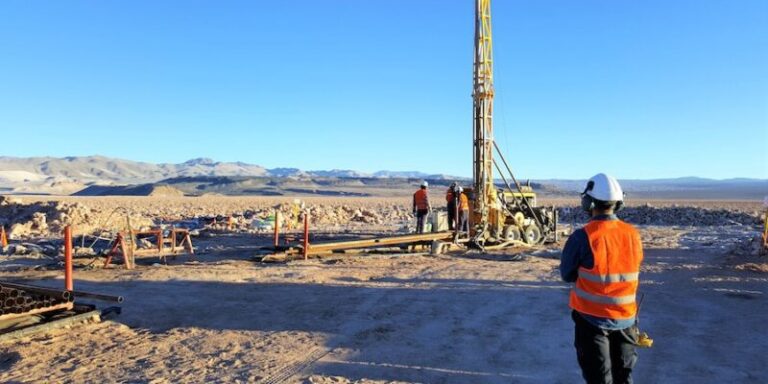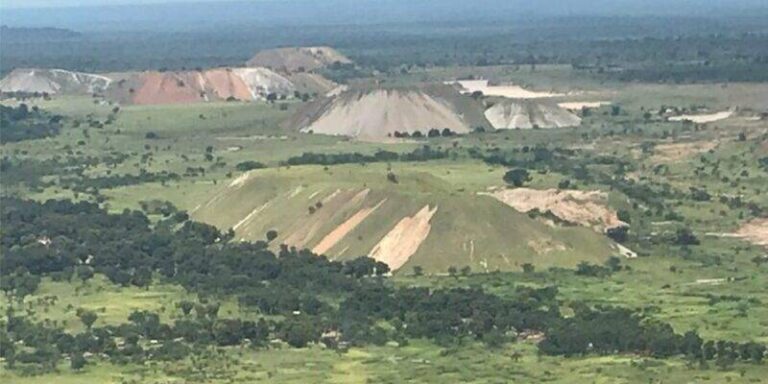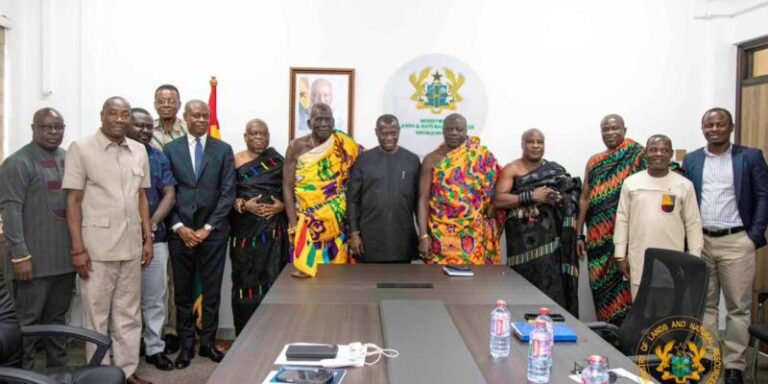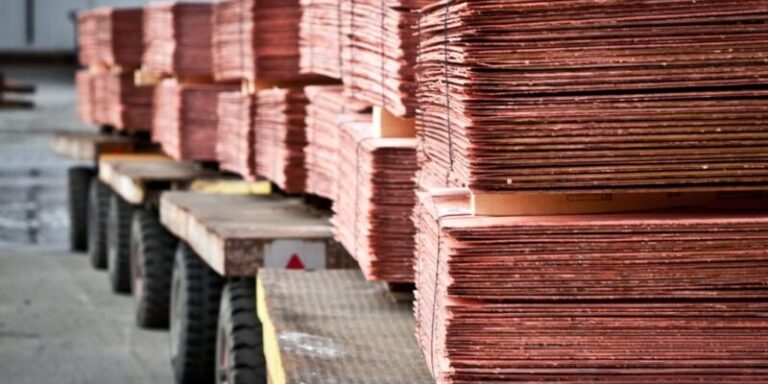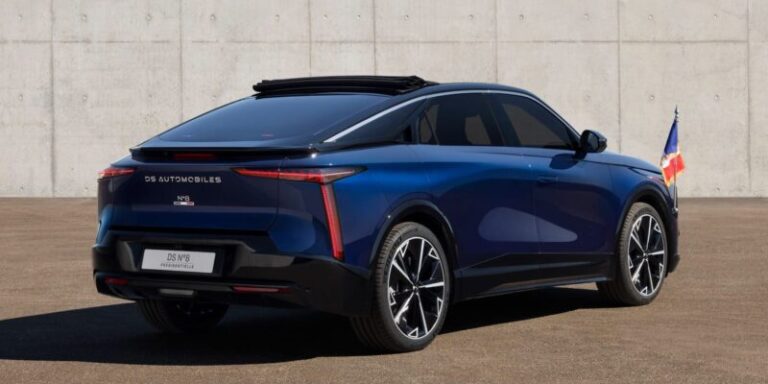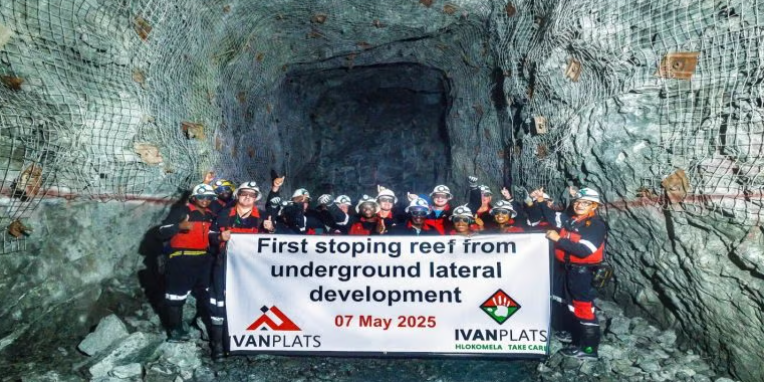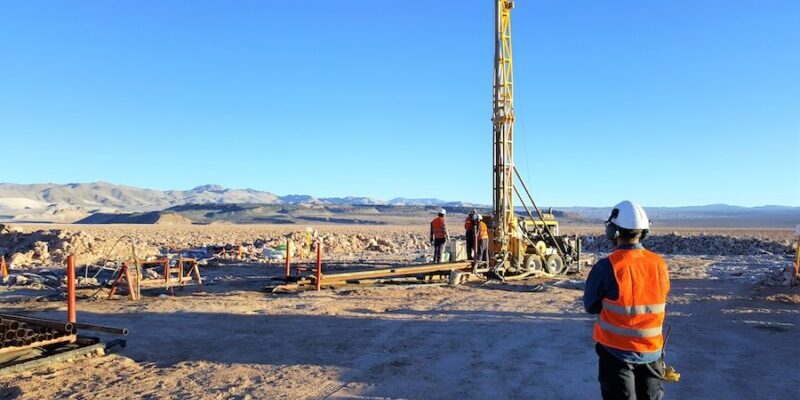
LAS VEGAS – Lithium developer Lake Resources is laying off staff and selling assets as low prices for the electric vehicle battery metal hinder efforts to attract customers and investors for its flagship Kachi project in Argentina, CEO David Dickson announced.
This move marks another setback for the lithium industry, which has faced challenges following an over 80% drop in lithium prices over the past year.
The price decline has been driven by Chinese oversupply and concerns that the EV industry is not growing as rapidly as expected.
Lake Resources, listed on the Australian stock exchange, is developing the Kachi project in Argentina’s Catamarca province in collaboration with tech startup Lilac Solutions.
Although the project initially garnered interest from companies like Ford, operating in the remote location led to significant cost overruns, which became unsustainable as lithium prices fell.
“Everything today is driven by lithium prices,” Dickson said at the Fastmarkets Lithium Supply and Battery Raw Materials Conference in Las Vegas. “The standard lithium price needs to be a lot higher for projects to move forward.”
According to Fastmarkets data, prices for lithium carbonate, a common form of the metal, are trading below $15,000 per metric ton.
Dickson believes many in the lithium market need supply contracts with price floors of at least $15,000 to $20,000 per metric ton to make projects economically viable.
Lilac Solutions, which agreed in 2021 to invest $50 million in Kachi to showcase its direct lithium extraction technology, was not immediately available for comment.
Lake Resources is cutting most of its 180 workers, retaining only a skeleton staff of roughly 20, according to a source familiar with the situation.
While Dickson declined to provide specific numbers, he confirmed that the company is undergoing cost-cutting measures and resizing to adapt to current conditions.
This decision follows a major setback for the Kachi project last June when the company announced a three-year delay in first production to 2027 and more than doubled its capital cost estimate to $1.38 billion.
Lake Resources is now looking to sell four lithium-rich acreage positions it controls elsewhere in Argentina and plans to move out of its Houston offices to a smaller location, Dickson said.
The company hired Goldman Sachs last year to find either a customer for the Kachi project or an investor, a process initially set to conclude by December but now likely extending into 2025.
“We’ve got to find offtake partners and equity partners,” said Dickson, who joined Lake Resources in 2022 after more than 30 years in the oil and gas industry.
The company is currently working on obtaining environmental approvals from regulators in Argentina. Lake Resources, which has roughly a dozen staffers maintaining the Kachi site, still plans to open the project by 2027 if lithium prices rebound.
“As soon as lithium prices go up, that’s when we’ll start to see movement,” Dickson said.


